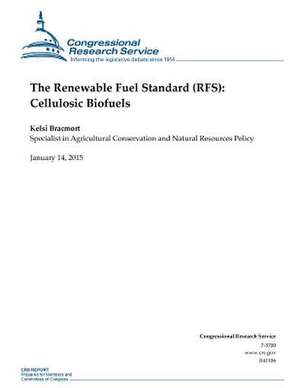The Renewable Fuel Standard (Rfs)
Autor Congressional Research Serviceen Limba Engleză Paperback
Preț: 120.12 lei
Nou
Puncte Express: 180
Preț estimativ în valută:
22.100€ • 23.65$ • 19.08£
22.100€ • 23.65$ • 19.08£
Carte disponibilă
Livrare economică 27 ianuarie-10 februarie
Preluare comenzi: 021 569.72.76
Specificații
ISBN-13: 9781507735596
ISBN-10: 1507735596
Pagini: 26
Dimensiuni: 216 x 279 x 1 mm
Greutate: 0.09 kg
Editura: CREATESPACE
ISBN-10: 1507735596
Pagini: 26
Dimensiuni: 216 x 279 x 1 mm
Greutate: 0.09 kg
Editura: CREATESPACE
